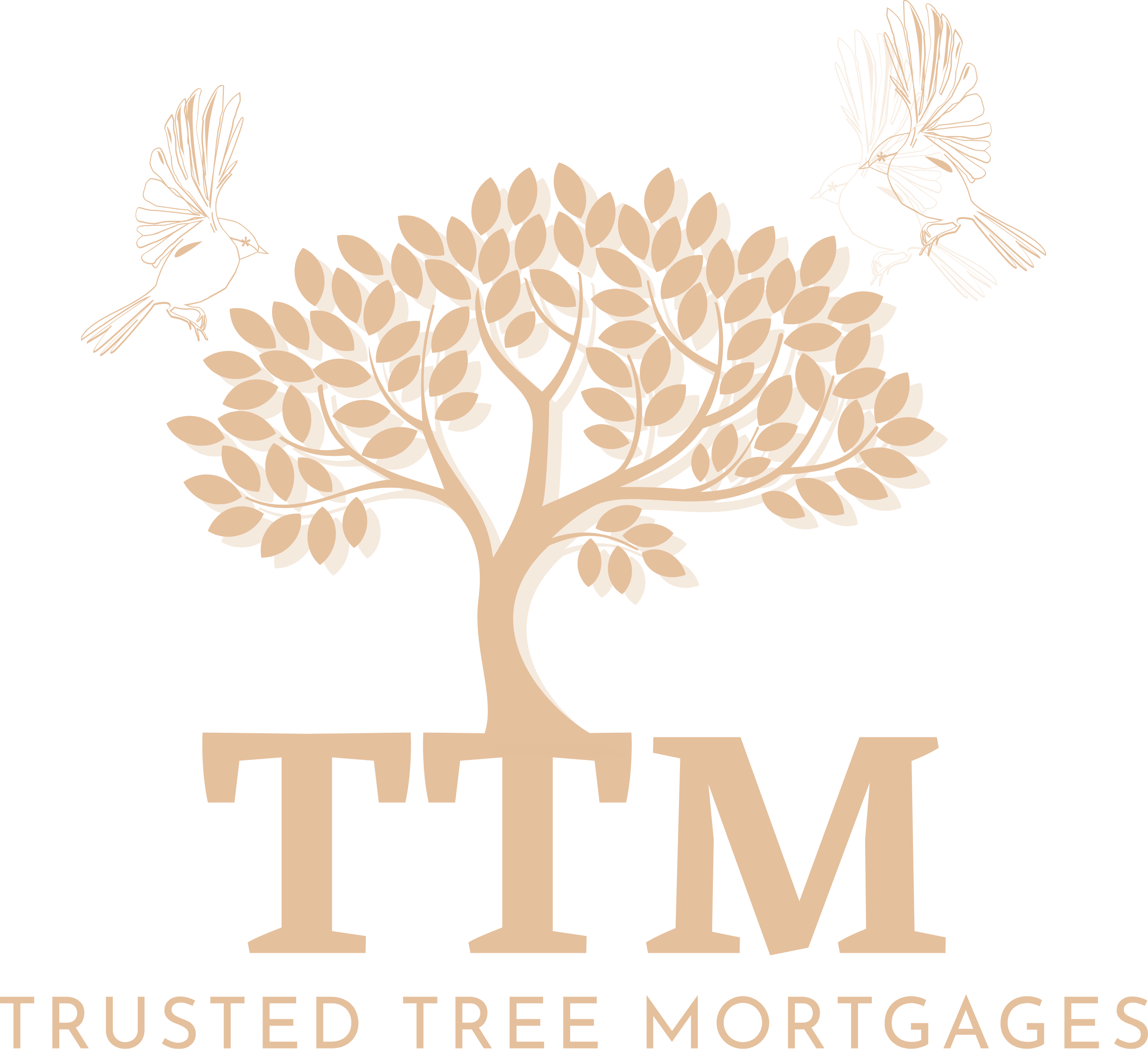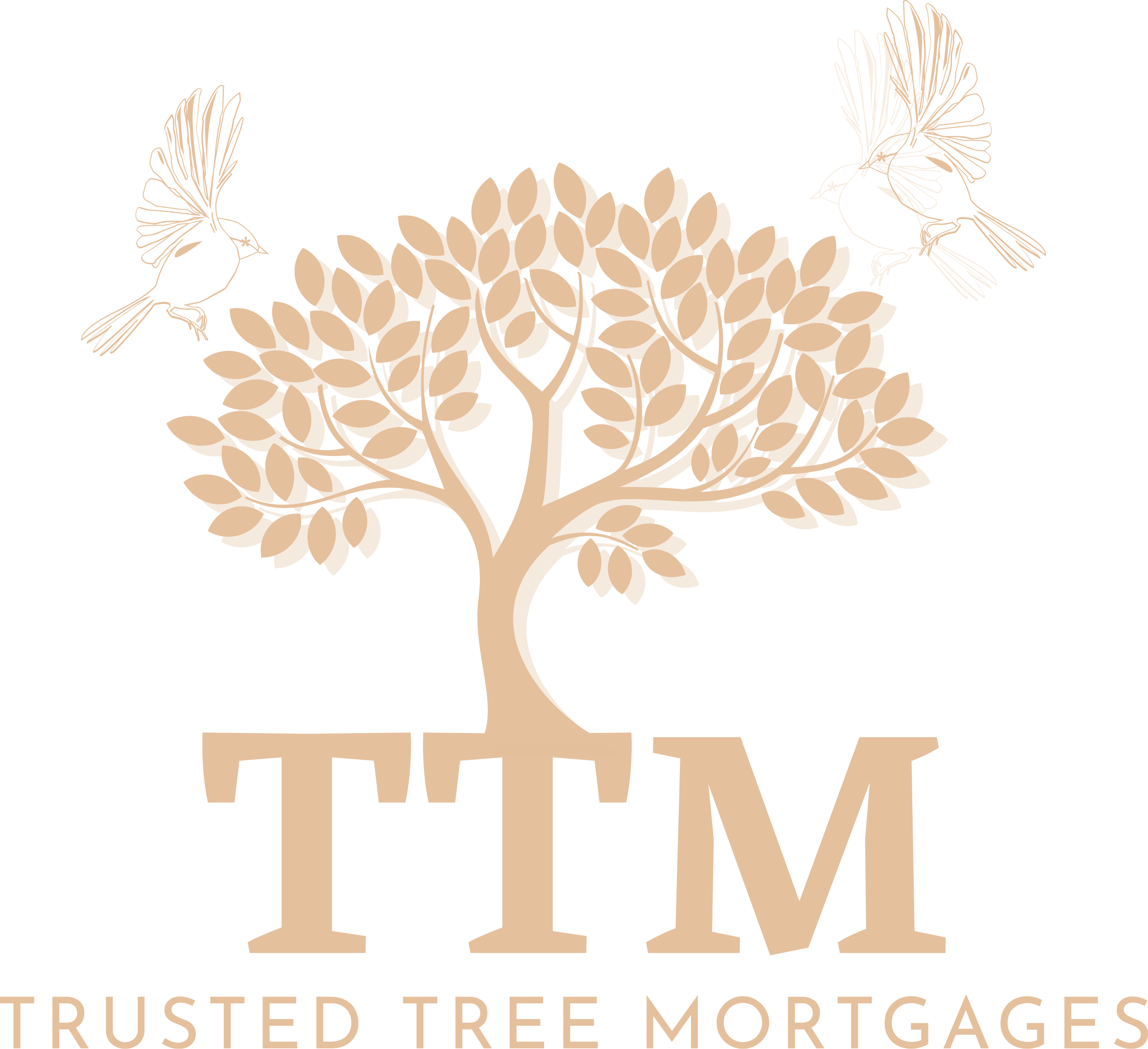What is a Standard Variable Rate Mortgage?
A Standard Variable Rate (SVR) mortgage is a type of home loan where the interest rate is set by your mortgage lender and can change at any time. Unlike fixed-rate mortgages, where the interest rate remains constant for a set period, the rate on an SVR mortgage can fluctuate based on various factors, including changes in the lender's cost of borrowing, regulatory requirements, or internal business goals.
Key Features:
- Variable Interest Rate: The interest rate on an SVR mortgage is not fixed and can go up or down at the lender's discretion. This means your monthly payments can change over time
- No Direct Link to Base Rate: While SVR mortgages are not directly tied to the Bank of England base rate, lenders may adjust their SVR in response to changes in the base rate or other economic factors
- Default Rate: An SVR often serves as the default rate that borrowers move to after an initial mortgage deal, such as a fixed or tracker rate, ends
Benefits:
- Flexibility: One of the main advantages of an SVR mortgage is the flexibility it offers. Most SVR mortgages do not have early repayment charges (ERCs), allowing you to overpay or repay the mortgage in full without penalty
- Potential for Lower Rates: If your lender's SVR is low, your monthly payments could be lower compared to other mortgage types. However, this can change if the lender decides to increase the rate
- No Fixed Term: You are not locked into a fixed term, giving you the freedom to switch to a different mortgage product or lender if you find a better deal
Considerations:
- Payment Uncertainty: Since the interest rate can change at any time, your monthly payments can increase or decrease, making it harder to budget
- Higher Rates: SVR mortgages often have higher interest rates compared to other mortgage types, such as fixed or tracker mortgages
- Rate Fluctuations: Your lender can choose to change its SVR at any time, which can lead to sudden increases in your monthly repayments











